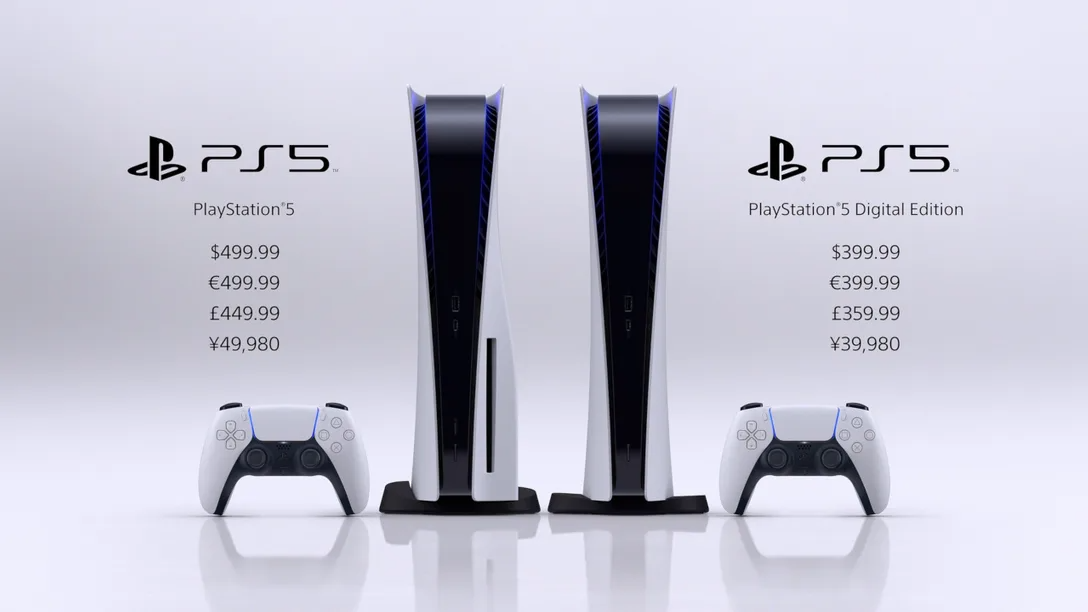PS5 digital vs disc: Which one should you buy and what is the difference?
Sony has finally announced the important details of the PlayStation 5 – or, rather, the two PlayStation 5s.
This year, both Sony and Microsoft are actually selling two versions of each of their consoles.
In the case of Microsoft, there are two entirely separate Xboxes. One is named the Xbox Series X, which costs $499, and is bigger, more powerful and more expensive than the Xbox Series S, which is just $299.
But the differences between the two PlayStations are more subtle.
As well as confirming the important details about the consoles – including price, release date and pre-orders – the event also saw Sony finally detail the differences between the two.
And the answer comes down to: very little. As the names indicate, the only thing that distinguishes the “digital edition" from the other – which Sony is referring to only as the PlayStation 5 – is the disc drive and the price.
The lack of disc drive in the digital edition does also mean that the console is slightly smaller and more symmetrical. On the other, there is a noticeable bulge in the console’s already large design, though it does not increase the footprint or height.

Some had suggested that the digital edition could come with other changes, such as additional storage space on its SSD to store the games that would otherwise be on discs.
But the event saw confirmation that the distinction is as minor as it first appeared.
The normal version of the PlayStation 5, with the disc drive, costs $499 in the US, or £449 in the UK. The digital edition without the disc drive costs $399 or £359.
The disc drive itself is an “Ultra HD Blu-ray disc drive”, which suggests that it will be the same as on the PlayStation 4.
Choosing between the two will largely be a question of how likely players feel they are to use the disc drive itself, and whether it is worth the $100 or £100 extra in the price.
Both Sony and Microsoft have moved towards digital distribution for games in recent years – the Xbox already had an all-digital version this year – and both have focused on promoting subscriptions and online stores so that players do not buy physical versions of their games.
But that does mean that games cannot be traded-in, bought second-hand or shared, since the titles are associated with an individual account and console.
Join our commenting forum
Join thought-provoking conversations, follow other Independent readers and see their replies
Comments
Bookmark popover
Removed from bookmarks